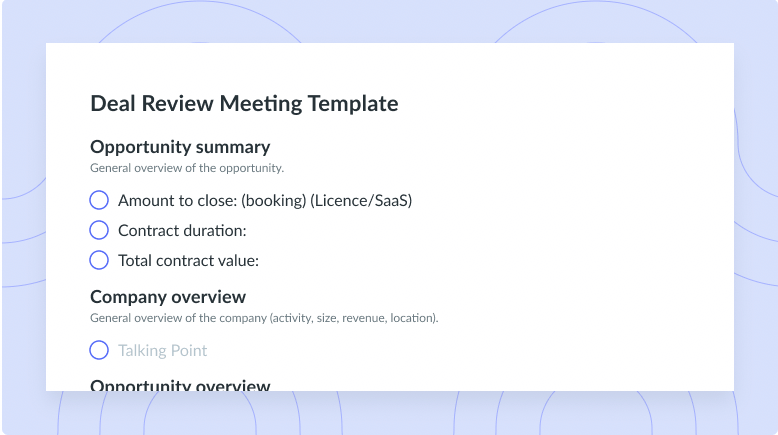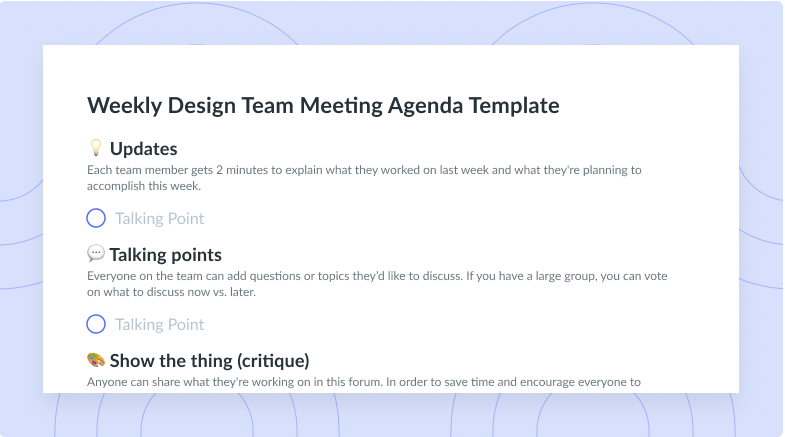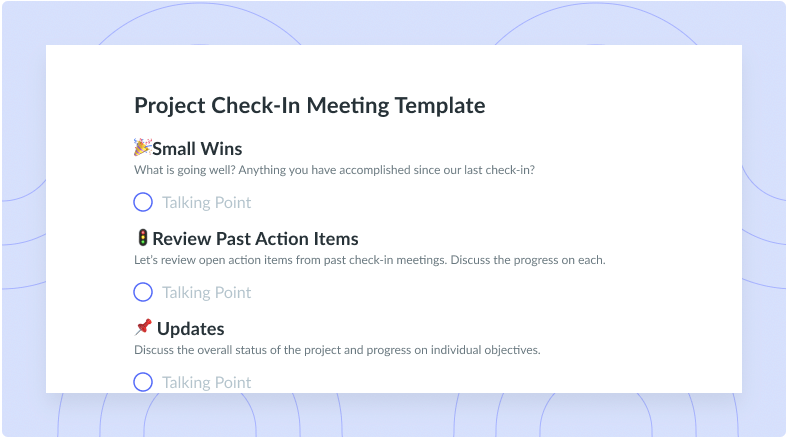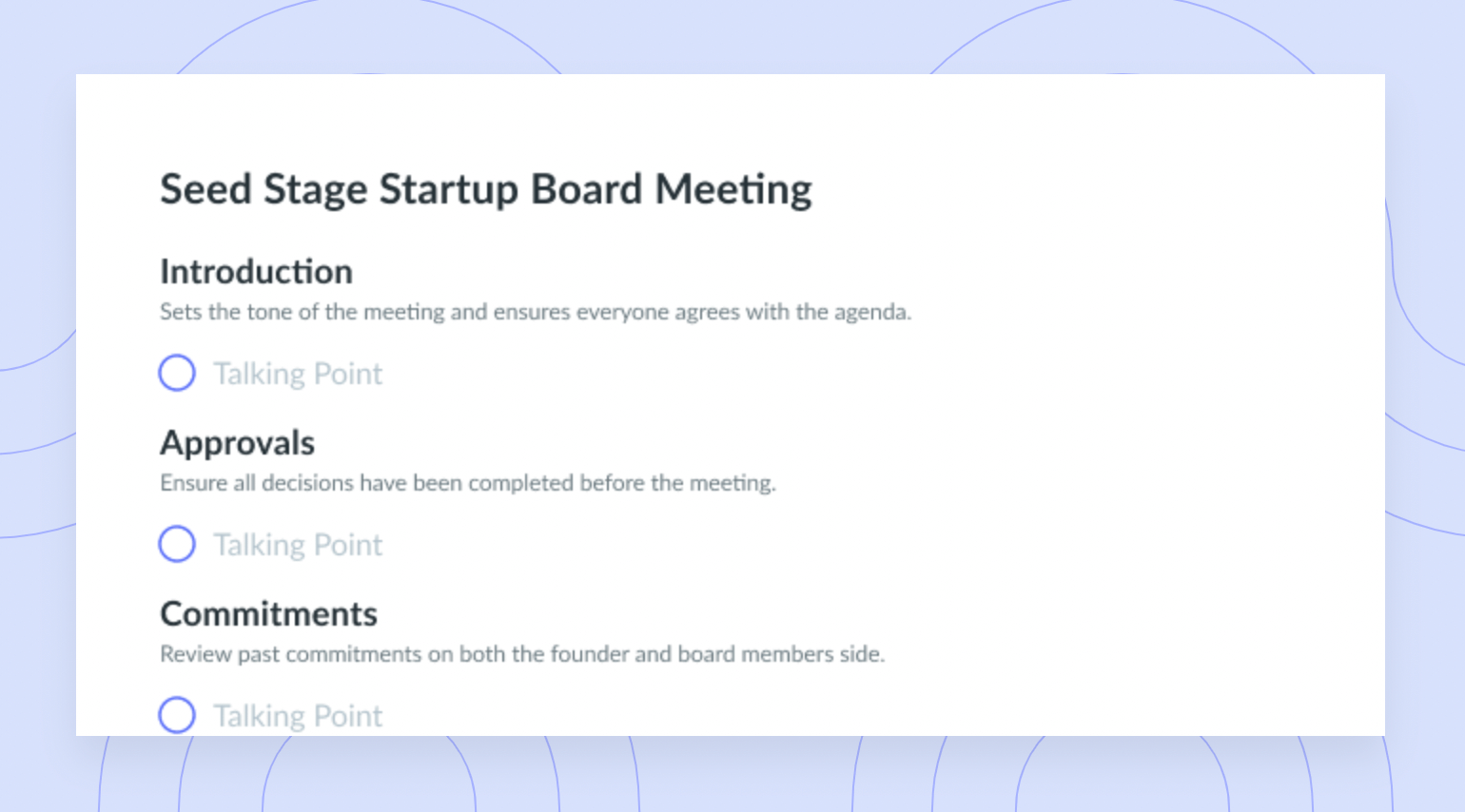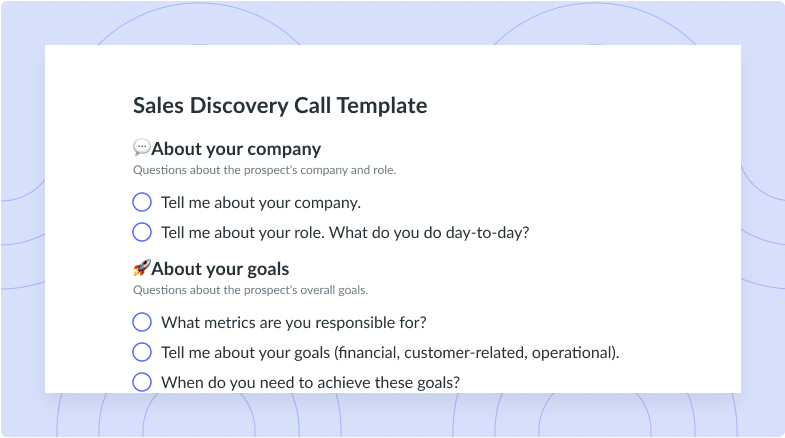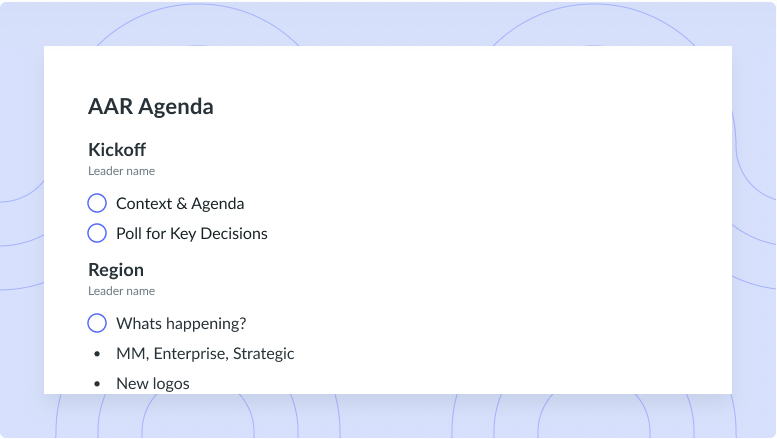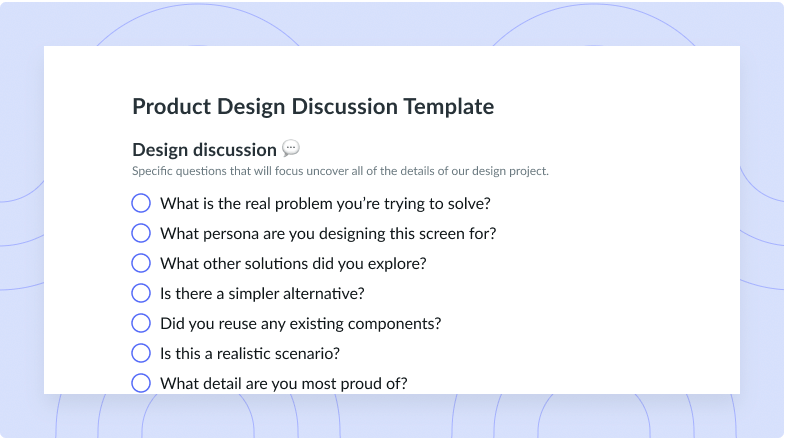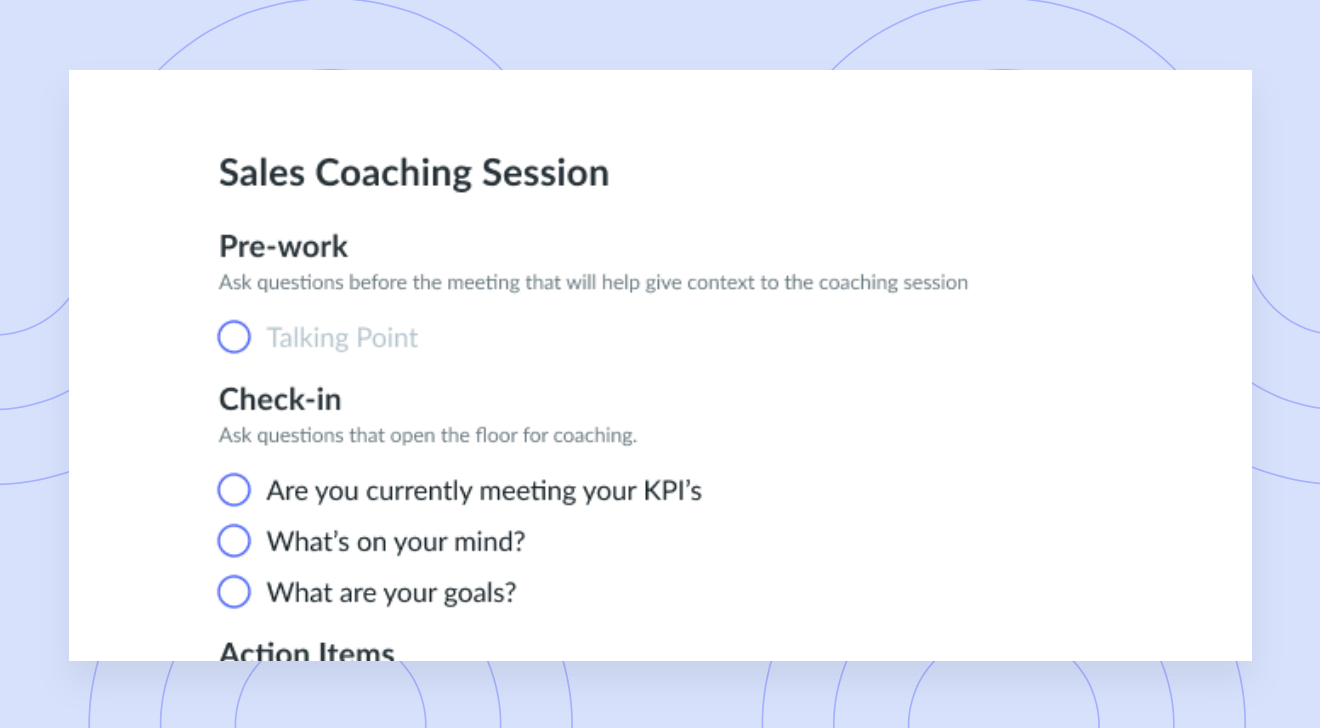How to Ask for Help at Work in 9 Easy Steps
Asking for help can be a big relief that improves your organization’s productivity. Here’s how to ask for help in nine simple steps.
Whether you’re new to your organization or you’ve been there for ages, asking for help isn’t always easy. You might try to find a million solutions yourself and get nowhere – and then, you might finally swallow your pride and ask for help. But you might still feel like a burden for doing so, though you should ditch that mindset. Asking for help can make your organization more productive and collaborative. Below, learn how to ask for help at work in nine easy steps.
How to ask for help at work in 9 steps
Occasionally, you’ll get stuck on a task to the point that you want to give up – but that’s typically not allowed. If you’ve reached that point, it’s time to find someone who can lend a hand. Here’s how you should ask your team for help in nine steps.
- Figure out your goal
- Consider the urgency
- Write down what you tried, including potential solutions
- Choose who you ask carefully
- Make a SMART request
- Be willing to collaborate
- Make yourself available
- Be professional and polite
- Schedule a meeting if necessary
1Figure out your goal
What are you trying to achieve? Once you figure out your goal, then you can also figure out what you need. You could be looking for anything from information and financial sources to experts, recommendations, or materials.

Meetings worth showing up to
A well-run meeting can foster communication and collaboration by including an agenda the whole team can contribute to. Try using a tool like Fellow!
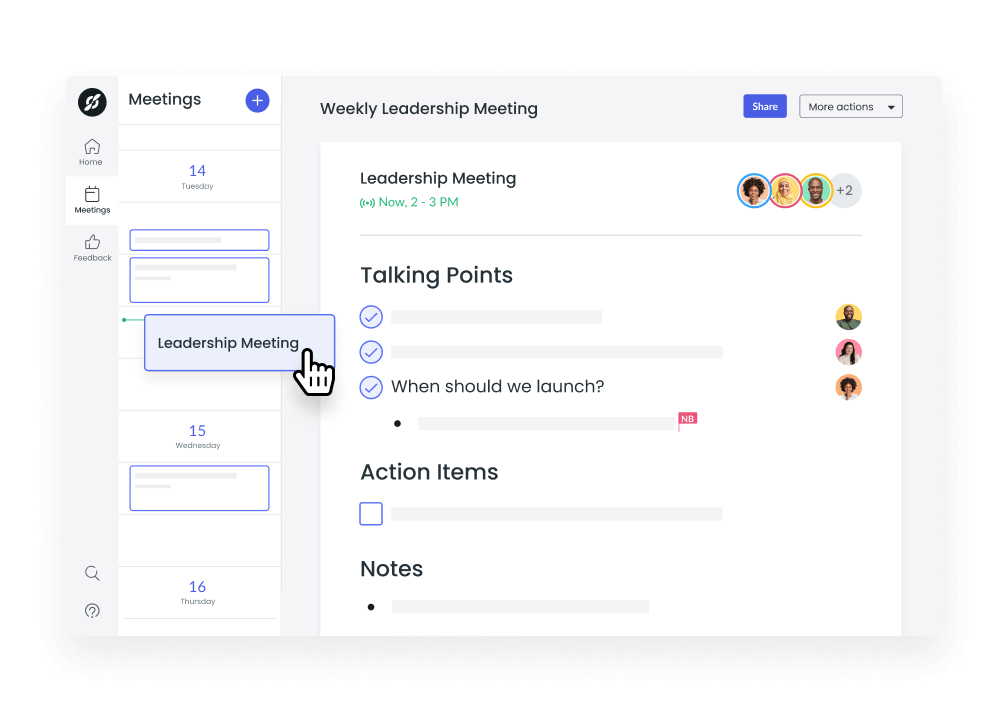
2Consider the urgency
When you ask your team for help, try to be considerate of their time. Ask if they have a minute to chat instead of just demanding their attention. If you’re on a tight deadline, let whomever you’re asking for help know that it’s urgent. But if you have plenty of time, ask them to set aside some time whenever is best for them.
You should also decide how to ask for help. If you need an immediate answer, consider calling the other person or messaging them through your team communication tool. On the other hand, if you don’t need an answer right away, you should send an email. This way, the other person can help you out on their own time.
3Write down what you tried, including potential solutions
If you get stuck on something, then before you ask your team for immediate help, try solving it on your own first. If you still can’t figure it out after a few tries, write down everything you’ve tried and ask a team member for help. This way, the other person can give you better advice on what to try next – what good is a new idea you’ve already tried? Looking for potential solutions on your own also shows your team that you have good problem-solving skills and can work independently.
4Choose who you ask carefully
The best person to ask for advice on the problem at hand is someone who’s an expert in that area. This person likely knows the tools you’re using, so they might know how to find the right answer.
When you first approach this person, it might help to say that you appreciate their experience and knowledge in the field. This gratitude can be the start of a strong work relationship that gets you the help you need time and again.
5Make a SMART request
To make an effective request, you may want to try using the SMART criteria. You’ll typically see this term in the context of SMART goals, but you can use it when asking for help too.
SMART stands for:
- Specific. When you ask for something specific, you make your problem clear and get to work more quickly. The more specific a question you ask, the more likely you are to get meaningful help.
- Measurable. What sort of progress are you trying to make? It’s important to drill down into numbers with your goal so the help you get can guide you somewhere meaningful.
- Achievable. Do you think your target is realistic? If so, working with someone can get you there. If not, the people you ask for help might tell you – and then it’s back to the drawing board.
- Relevant. Is this the right time for you to ask your team for help? Does what you need relate to the current project your team is working on, or is it entirely different? Or is this the right team member to ask? These are a few questions you may want to ask yourself – don’t just ask the first person you find at the office.
- Time-bound. You should set an informal deadline when you ask for help. If something is urgent, say so immediately, or if it can wait until tomorrow, say that too. This way, the other person knows when they should help you between all their usual work. Giving them that flexibility can show that you respect their busy schedule and make them more likely to help you.
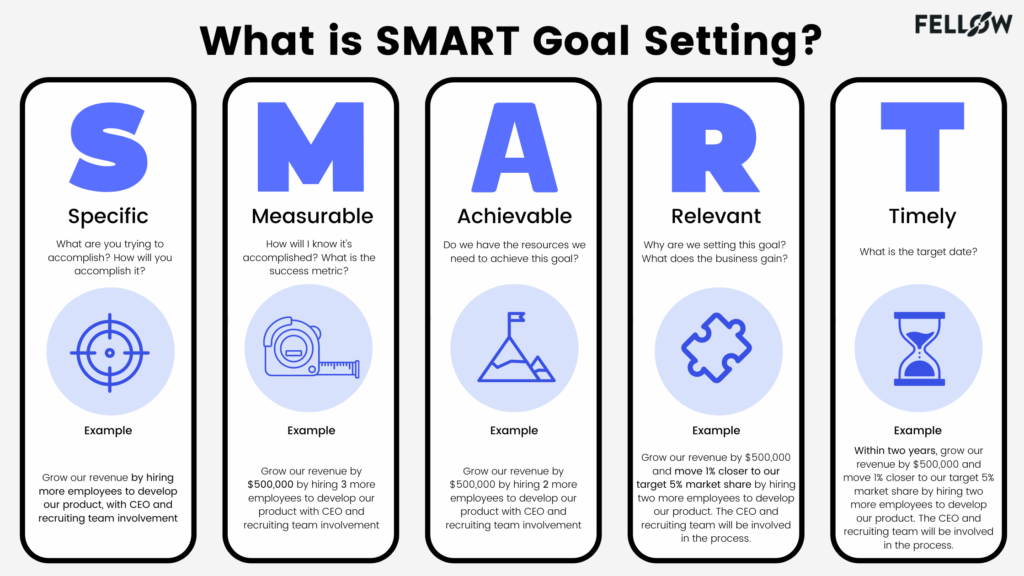
6Be willing to collaborate
When you ask a team member for help, you should be open to their ideas – and to working together as a team to find a solution. This way, you have the opportunity to learn and grow so you don’t make the same mistake twice.
7Make yourself available
A big part of getting help is making yourself available to your team members when they need help in the future. That sort of two-way street can make your team much more likely to have your back when you need it. Plus, when everyone helps each other out on the regular, your work environment will likely become more collaborative and centered around teamwork.
8Be professional and polite
The only way you’ll get the help you need is if you ask respectfully and professionally. For example, if you’re new to the office, you might not be familiar with everyone yet. If you need help, it’s probably best to ask in person first, then send a follow-up email, instead of simply messaging someone you don’t know.
9Schedule a meeting if necessary
If your issue doesn’t need to be fixed within a few hours and it’s complex, you should schedule a meeting via email. This way, you’ll quickly agree to a set date and time for you and your teammate to collaborate and solve the problem.
Why is asking for help at work important?
Although asking for help can seem embarrassing or like you’re bothering someone, it’s almost always a great step to take. Here’s why you should ask your team for help when you need it.
- Learn something new
- Save time and prevent rework
- Manage your workload better
- Help build a collaborative work environment
- Develop stronger relationships
- Improve productivity and efficiency
1Learn something new
Asking for help can provide you with a new set of skills you would never have had if you didn’t ask. You might learn how to use a new tool, or you might learn a new approach you never knew about before. And if you didn’t know how to troubleshoot your problem, you might figure it out as you work through the issue. You can then troubleshoot it yourself the next time it happens.
2Save time and prevent rework
Although it may seem like a burden to ask your team for help, that’s at most true in the short-term, if ever. (It’s likely never a burden – people often want to help each other.) When you ask for help, you avoid making mistakes that you’d need to spend precious time fixing later. This will benefit your work schedule and keep you from running behind.
3Manage your workload better
When you get help from a teammate, you can spend less time on similar tasks in the future and better manage your schedule. You might also discover that certain team members handle certain tasks better than you, which can make it easier for a manager to delegate tasks.
4Help build a collaborative work environment
Asking for help can build team collaboration, and that’s only a good thing for your projects, your clients or customers, and your team. Collaboration can make your team stronger and build long-lasting relationships as you all work towards the same goal.
5Develop stronger relationships
Take a deep breath: Despite all that anxiety telling you not to ask for help, many team members enjoy helping each other out. In reality, asking for help can be the start of a great work relationship. As you and your fellow team members work together toward the same goal, you might find yourself getting to know and enjoy each other more.
6Improve productivity and efficiency
When you ask for help, you also give your team a good idea of your limitations. That knowledge can build a better workflow within your organization. Sharing your challenges can help other team members know when to step in, boosting overall employee productivity. Plus, when people do what they know and love, they’re more likely to be happy.
Ask your team for help with Fellow
Knowing how to ask for help at work is your first step toward improving your organization’s collaboration and communication. Sometimes, the best way to get help is at a meeting, and in that case, Fellow can help. With Fellow, you can collaborate on meeting agendas, take meeting notes, and follow through on meeting action items in one streamlined platform. It’s a seamless way to work with others and get the help you need.









